A true ChatGPT challenger? Anthropic's Claude 3 models set the stage for a major battle with OpenAI
Anthropic’s Claude 3 chatbot outperforms a host of peers on common benchmarks, and could prime the AI startup for a battle with OpenAI in the coming months

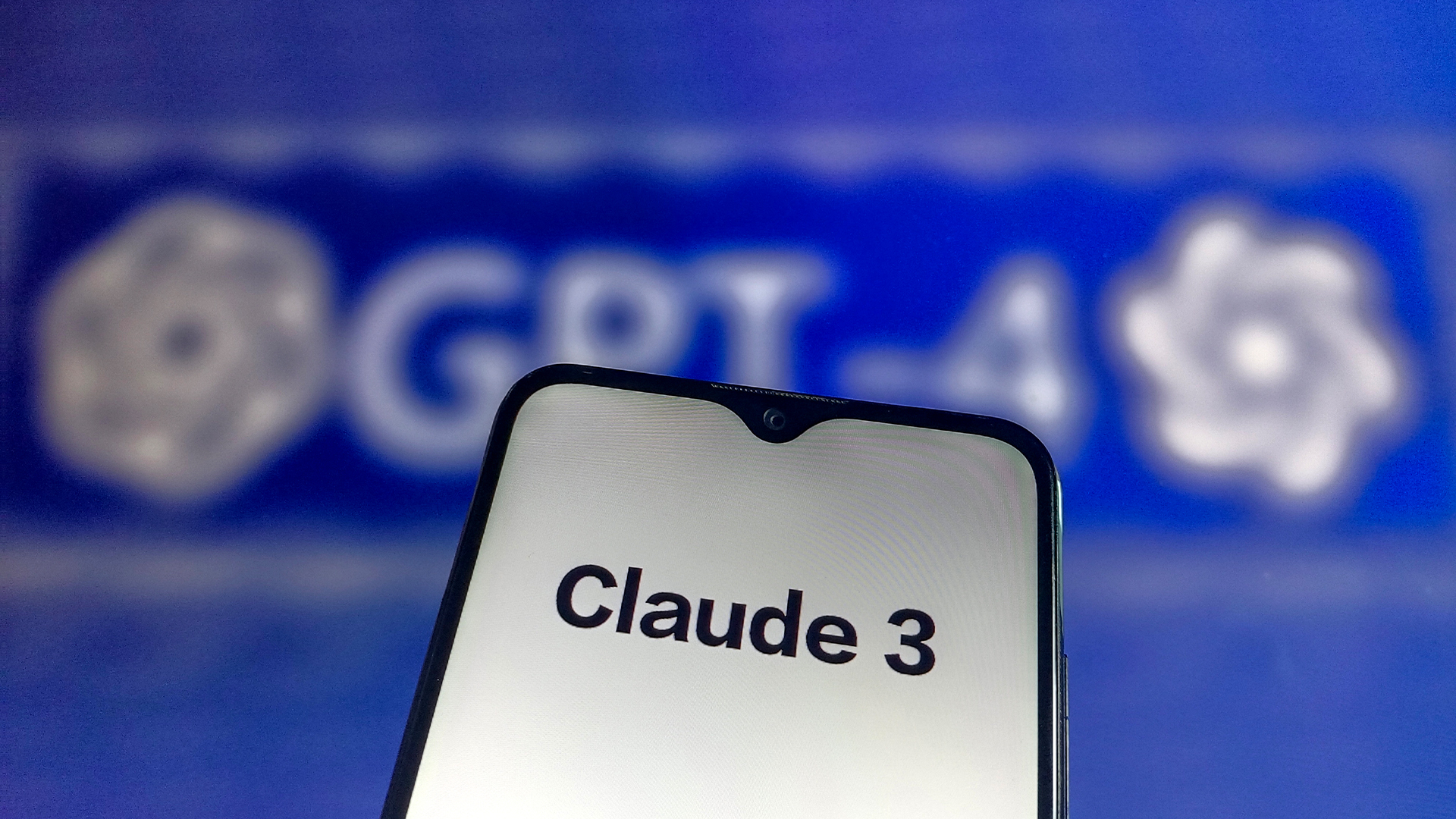
Sign up today and you will receive a free copy of our Future Focus 2025 report - the leading guidance on AI, cybersecurity and other IT challenges as per 700+ senior executives
You are now subscribed
Your newsletter sign-up was successful
Anthropic has made bold claims about its new Claude 3 chatbot family, with the AI startup insisting it can outperform OpenAI’s ChatGPT. The US-based firm unveiled three new benchmark-setting models earlier this week, including Claude 3 Haiku, Claude 3 Sonnet, and Claude 3 Opus.
The new models differ in levels of speed and power, with ‘Haiku’ the smallest in terms of compute capability and ‘Opus’ the largest.
Anthropic revealed that its ‘Opus’ model “outperforms its peers on most of the common evaluation benchmarks,” including undergraduate-level expert knowledge (MMLU) and graduate-level expert reasoning (GPQA).
Among the rival models it bested on these parameters were the likes of OpenAI’s GPT-4 and GPT-3.5, as well as Gemini 1.0 Ultra and Gemini 1.0 Pro.
All the new Claude 3 models also show “increased capabilities” in areas of nuanced content generation, code generation, and non-English languages like Spanish, Japanese, and French.
While OpenAI’s chatbot offerings are frequently the ones grabbing the headlines, these new models reinforce the fact the Microsoft-backed startup now faces increasingly stiff competition, according to Arun Chandrasekaran, VP analyst at Gartner.
Speaking to ITPro, Chandrasekaran said the latest announcement shows that 2024 could be a whirlwind year for generative AI development as competition between major industry players heats up.
Sign up today and you will receive a free copy of our Future Focus 2025 report - the leading guidance on AI, cybersecurity and other IT challenges as per 700+ senior executives
“This is promising to be another crazy year in terms of just [the] amazing pace of innovation, and [the amount of] new developments in this space,” he said.
A notable aspect of this announcement, Chandrasekaran said, was the enhanced context window Anthropic was keen to highlight. Claude 3 will boast a “200K context window upon launch”, the firm said.
Anthropic also said all three new models are capable of accepting inputs exceeding 1 million tokens, a feature they may make accessible to select customers who need “enhanced processing power.”
Anthropic is bullish on “constitutional AI”
Chandrasekaran said an exciting aspect of this announcement is Anthropic’s well-publicized commitment to “constitutional AI”.
The firm has been keen to frame itself as a more responsible, ethical-led player in the generative AI space than some industry counterparts in recent months.
“One of the things that Anthropic has consistently spoken about since its founding is this notion of constitutional AI,” Chandrasekaran said.
“This whole view that they want to align the AI models very closely with human intent and human alignment,” he added. “I think that's something that makes Anthropic a little different”
Google and AWS have also pledged major support for Anthropic in recent months, investing over $5 billion in the firm in a clear sign that both hyperscalers view it as a leading contender to OpenAI.
Anthropic isn’t alone in gaining ground on OpenAI
It’s not just Anthropic announcing new models and putting pressure on the reigning champion OpenAI.
Google, despite playing catch-up to Microsoft and OpenAI over the last year, appears to be gaining ground on the duo’s dominance in the generative AI space.
It recently brought Duet AI chatbot under the united roof of Gemini, which now looks poised to make a considerable impact on the AI landscape through multimodality.
RELATED WHITEPAPER
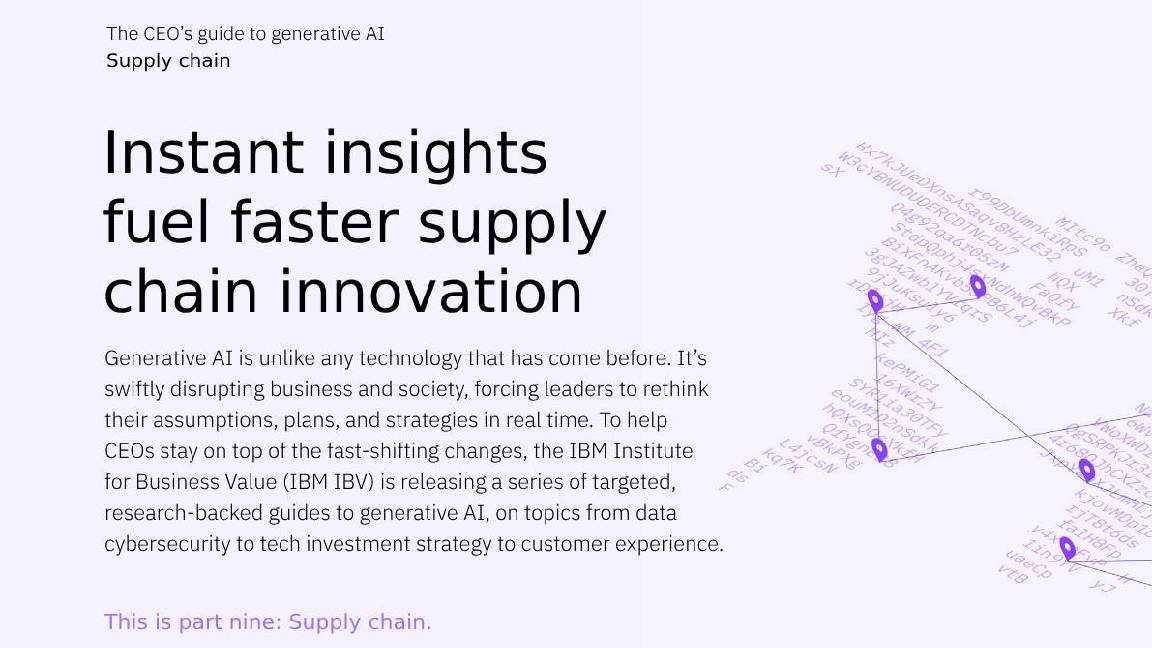
“Google, with the Gemini 1.5 model in particular, announced some very impressive capabilities,” Chandrasekaran said.
“The most impressive [sic] is the million context window for the model,” he added.
This, Chandrasekaran explained, means that users can work with huge amounts of text, speech, and video on the platform. He also mentioned Meta, and the impressive capabilities of its own open source model offerings.
Analysts told ITPro last month that the Gemini rebranding marked a significant moment in the generative AI boom, and one that will lay the groundwork for a looming race between Microsoft and Google.
Chirag Dekate, VP analyst at Gartner, said the new model range from the tech giant could supercharge Google’s attempts to catch Microsoft in the battle for AI dominance.

George Fitzmaurice is a former Staff Writer at ITPro and ChannelPro, with a particular interest in AI regulation, data legislation, and market development. After graduating from the University of Oxford with a degree in English Language and Literature, he undertook an internship at the New Statesman before starting at ITPro. Outside of the office, George is both an aspiring musician and an avid reader.
-
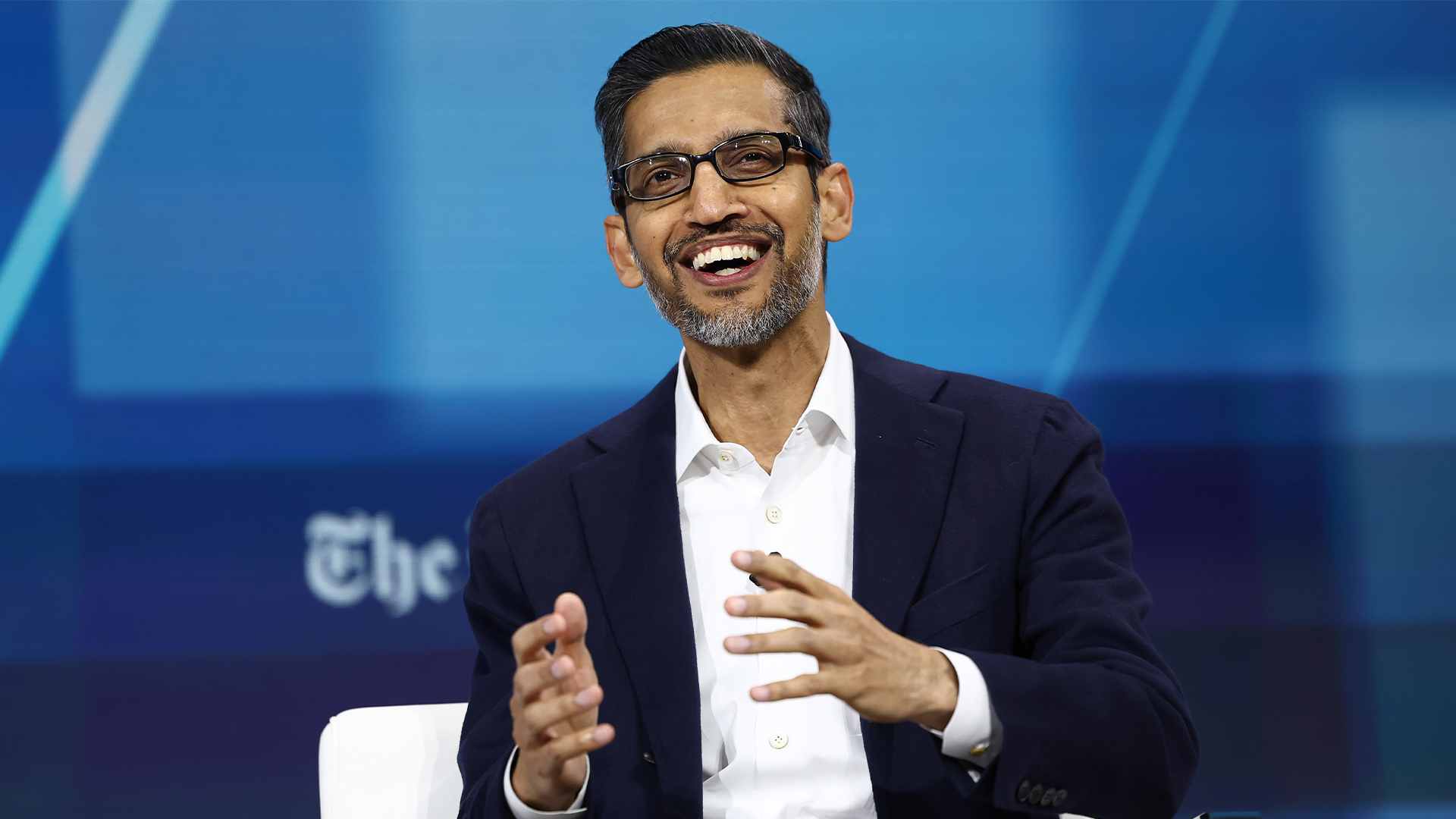 ‘The fastest adoption of any model in our history’: Sundar Pichai hails AI gains as Google Cloud growth, Gemini popularity surges
‘The fastest adoption of any model in our history’: Sundar Pichai hails AI gains as Google Cloud growth, Gemini popularity surgesNews The company’s cloud unit beat Wall Street expectations as it continues to play a key role in driving AI adoption
-
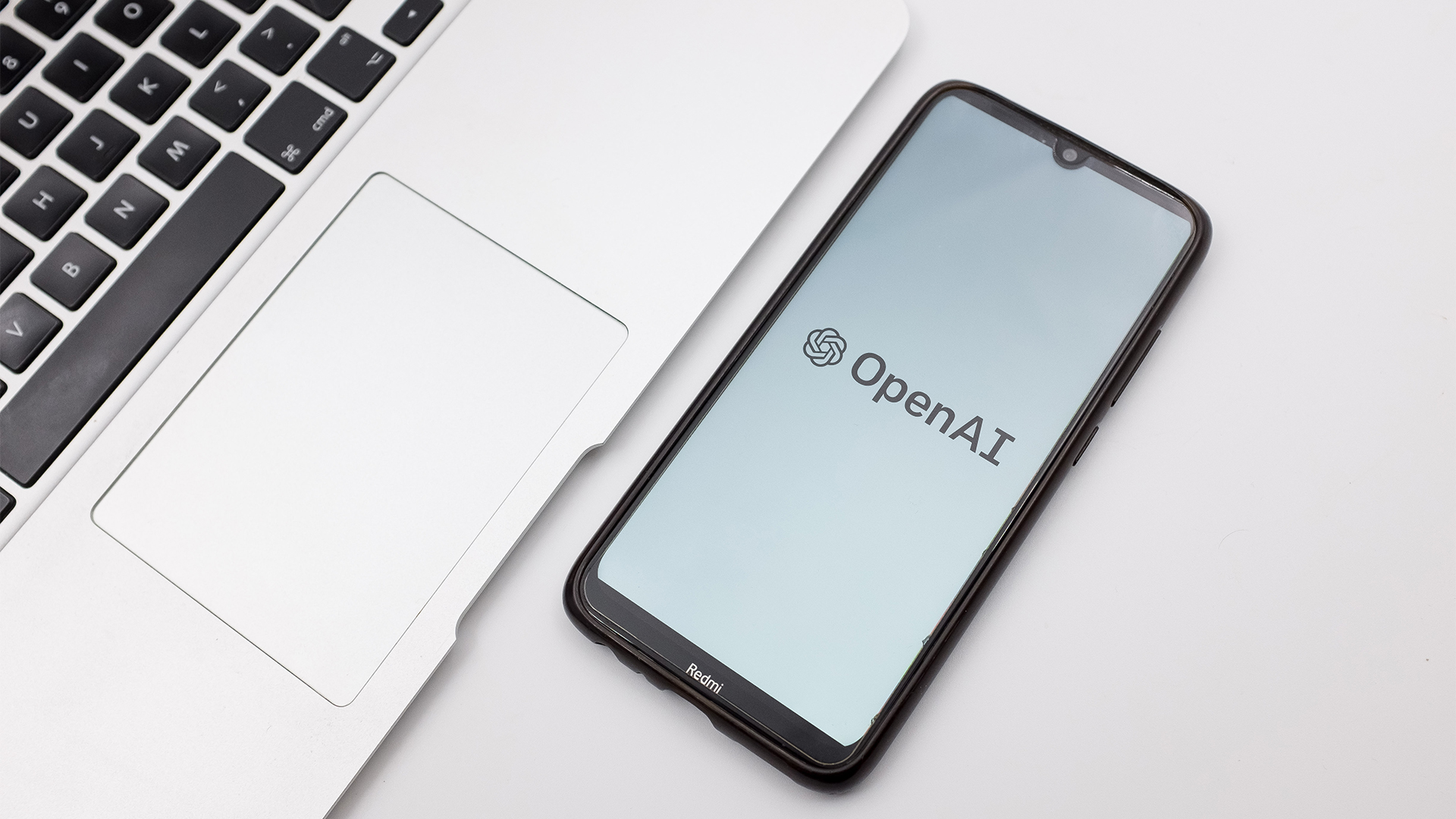 OpenAI's Codex app is now available on macOS – and it’s free for some ChatGPT users for a limited time
OpenAI's Codex app is now available on macOS – and it’s free for some ChatGPT users for a limited timeNews OpenAI has rolled out the macOS app to help developers make more use of Codex in their work
-
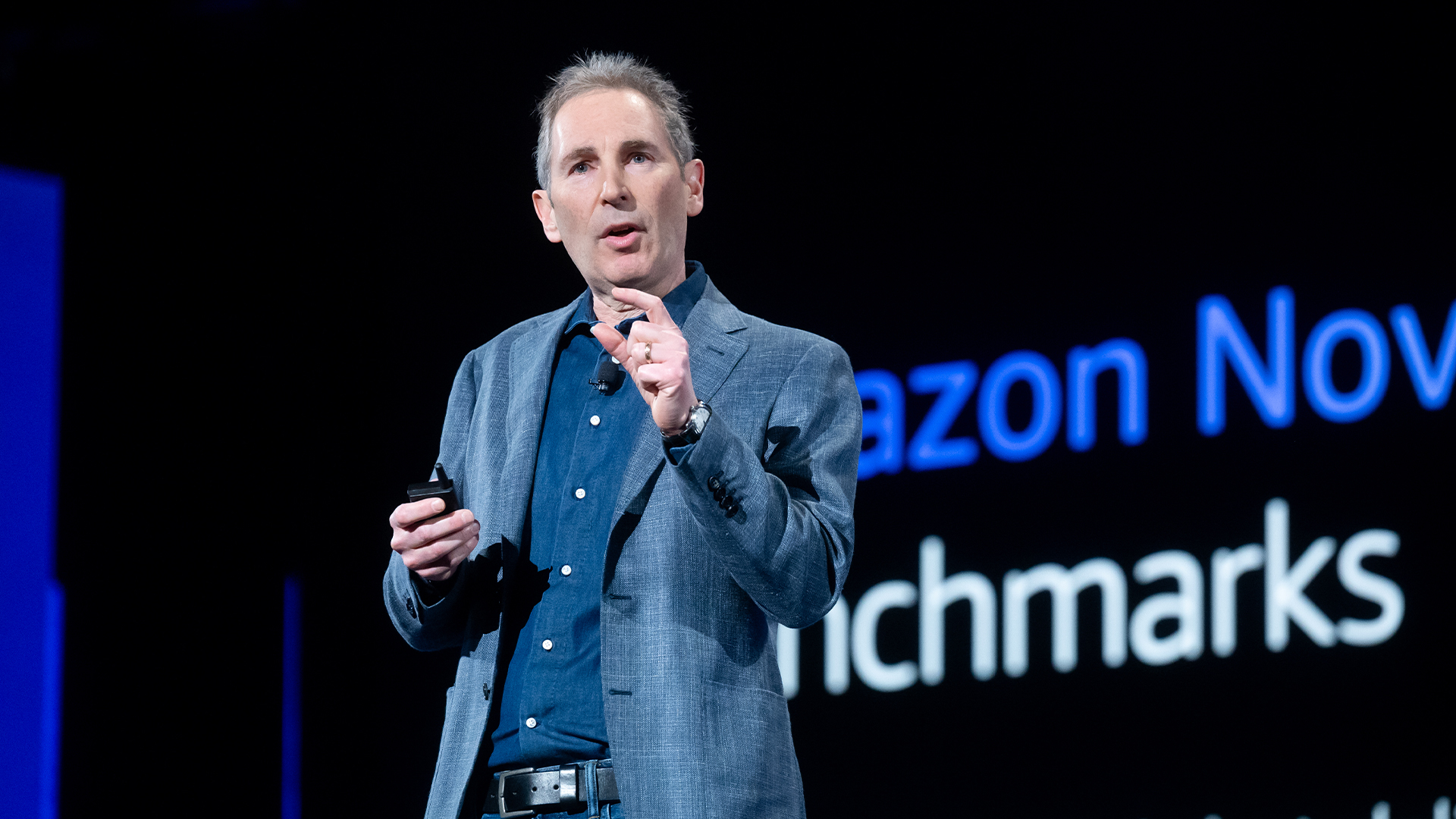 Amazon’s rumored OpenAI investment points to a “lack of confidence” in Nova model range
Amazon’s rumored OpenAI investment points to a “lack of confidence” in Nova model rangeNews The hyperscaler is among a number of firms targeting investment in the company
-
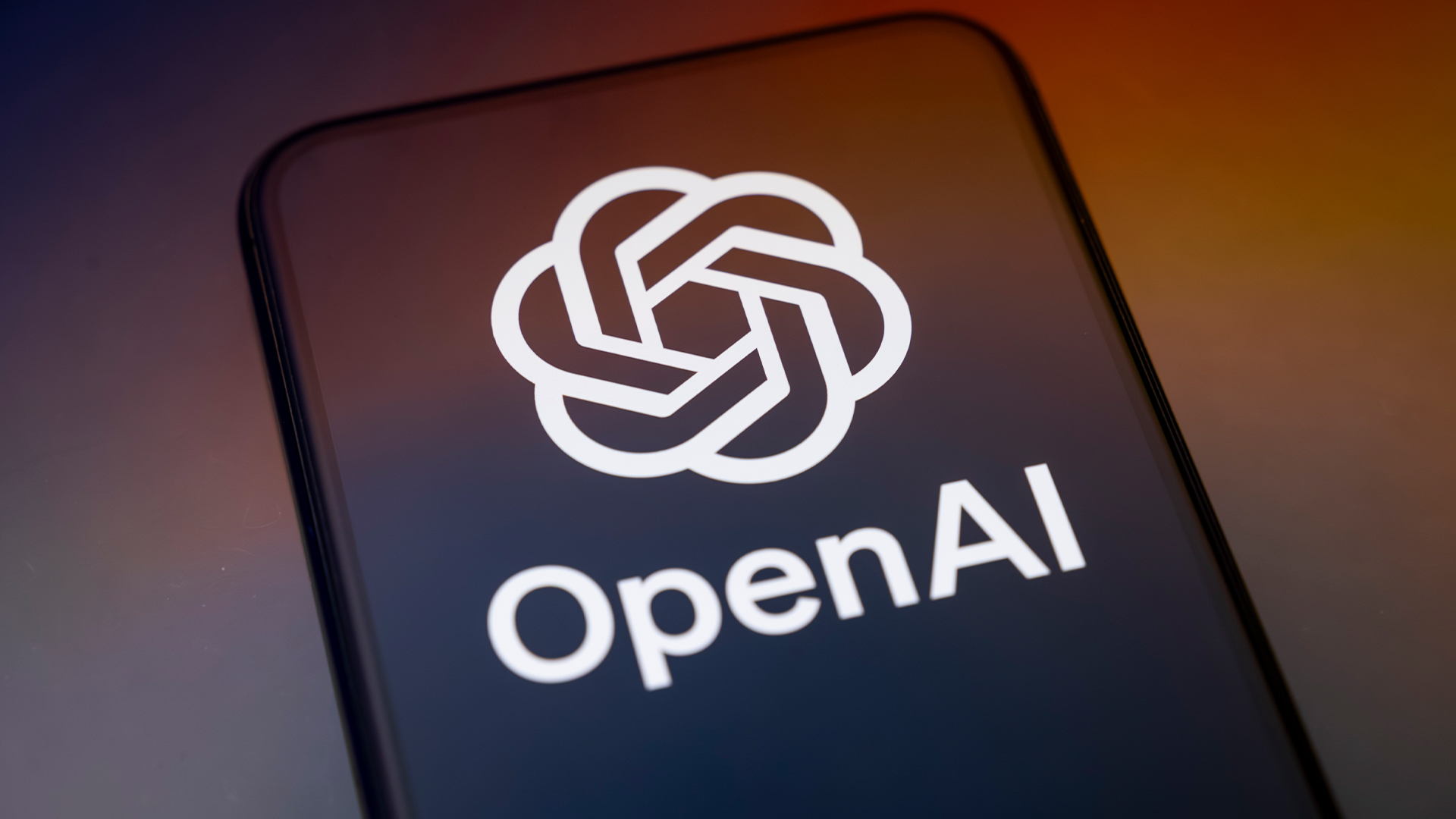 OpenAI admits 'losing access to GPT‑4o will feel frustrating' for users – the company is pushing ahead with retirement plans anway
OpenAI admits 'losing access to GPT‑4o will feel frustrating' for users – the company is pushing ahead with retirement plans anwayNews OpenAI has confirmed plans to retire its popular GPT-4o model in February, citing increased uptake of its newer GPT-5 model range.
-
 ‘In the model race, it still trails’: Meta’s huge AI spending plans show it’s struggling to keep pace with OpenAI and Google – Mark Zuckerberg thinks the launch of agents that ‘really work’ will be the key
‘In the model race, it still trails’: Meta’s huge AI spending plans show it’s struggling to keep pace with OpenAI and Google – Mark Zuckerberg thinks the launch of agents that ‘really work’ will be the keyNews Meta CEO Mark Zuckerberg promises new models this year "will be good" as the tech giant looks to catch up in the AI race
-
 If Satya Nadella wants us to take AI seriously, let’s forget about mass adoption and start with a return on investment for those already using it
If Satya Nadella wants us to take AI seriously, let’s forget about mass adoption and start with a return on investment for those already using itOpinion The Microsoft chief said there’s a risk public sentiment might sour unless adoption is distributed more evenly
-
 Satya Nadella says a 'telltale sign' of an AI bubble is if it only benefits tech companies – but the technology is now having a huge impact in a range of industries
Satya Nadella says a 'telltale sign' of an AI bubble is if it only benefits tech companies – but the technology is now having a huge impact in a range of industriesNews Microsoft CEO Satya Nadella appears confident that the AI market isn’t in the midst of a bubble, but warned widespread adoption outside of the technology industry will be key to calming concerns.
-
 DeepSeek rocked Silicon Valley in January 2025 – one year on it looks set to shake things up again with a powerful new model release
DeepSeek rocked Silicon Valley in January 2025 – one year on it looks set to shake things up again with a powerful new model releaseAnalysis The Chinese AI company sent Silicon Valley into meltdown last year and it could rock the boat again with an upcoming model

